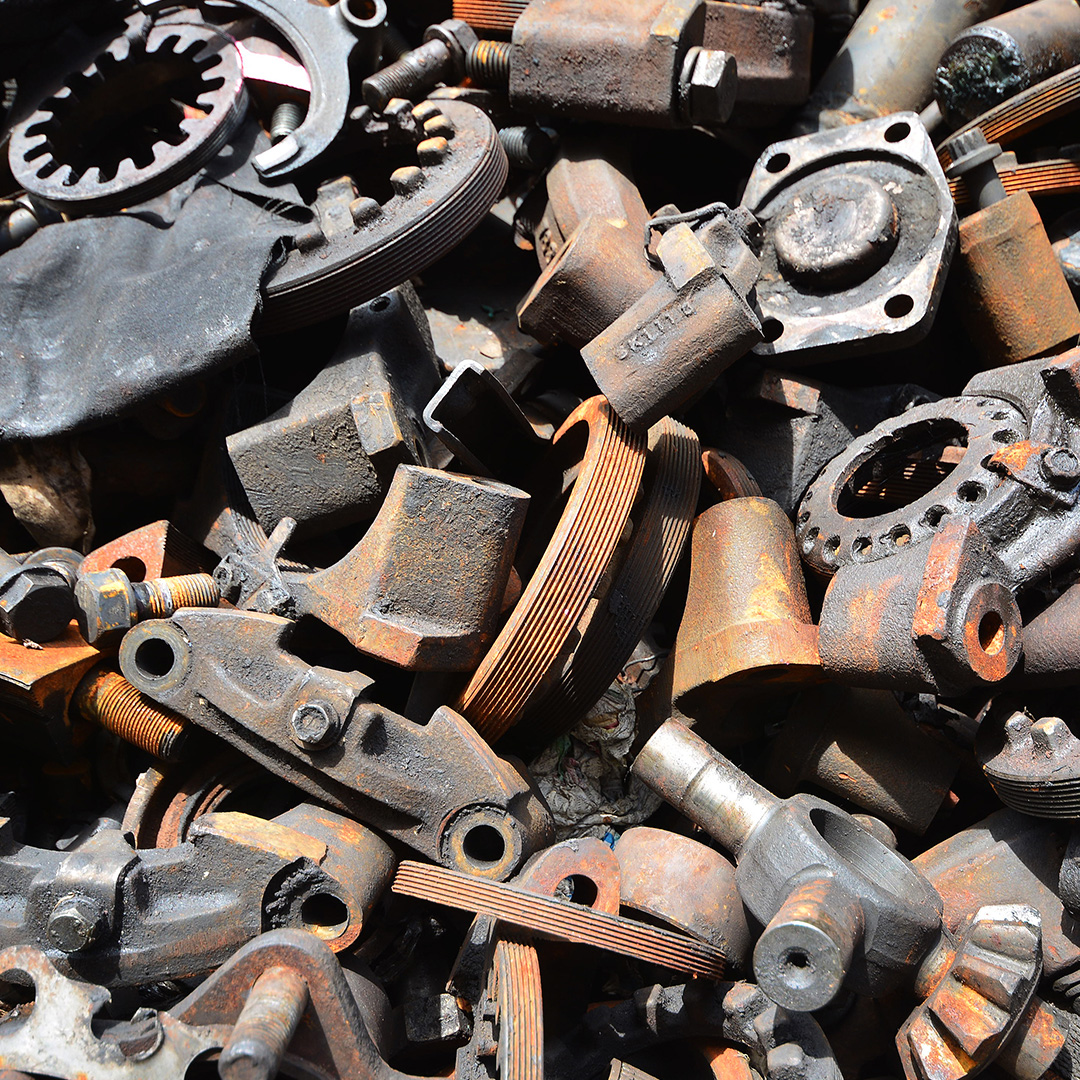

" Exposure to Lead and Other Toxic Metals from Informal Foundries Producing Cookware from Scrap Metal." Environmental Research, vol. " Mining Drives Extensive Deforestation in the Brazilian Amazon." Nature Communications, vol. " Scrap Metal Recycling in the U.S." IBISWorld. " Mercury-Impacted Scrap Metal: Source and Nature of the Mercury." Journal of Environmental Management, vol. " Mercury." Centers for Disease Control and Prevention.įinster, Molly E., et al. " Radioactive Material in Scrap Metal." Environmental Protection Agency.

" 2017 Minerals Yearbook: Recycling-Metals." United States Geological Survey, 2020. " Recycling of Steel." Handbook of Recycling, 2014, pp. Scrap Metal and Appliances (White Goods) are accepted for recycling at all Refuse Transfer Stations. " Ferrous Metals: Material-Specific Data." Environmental Protection Agency.ījorkmann, Bo. Residents Recycle Scrap Metal & Appliances for FREE. " Iron and Steel Scrap." United States Geological Survey. " The Anthropology of Mining: The Social and Environmental Impacts of Resource Extraction in the Mineral Age." Annual Review of Anthropology, vol. Some recycling facilities can remove these coatings, but you should call to confirm that this service is available. Containers with residue: Items like paint cans, motor oil cans, pots and pans, and propane gas tanks are often treated with harmful chemicals-think Teflon-and may contain remnants of toxic oils.Public property: To avoid incentivizing theft, metal signage, guard rails, street lights, and similar items owned by the federal, state, and local government will not be accepted at reputable scrap recycling facilities.Mercury-contaminated metal may be found in waste produced by the oil and gas industry, some vehicle parts, and electronic scrap from appliances. Toxic metals: Any items containing mercury cannot be recycled due to the health hazards posed by this element. Scrap metal recycling refers to the recovery and processing of recyclable metal materials from end-of-life products and structures so they can be reintroduced.These metals can be found in common consumer products like smoke alarms, luminous watches and clocks, old TVs, and more. Luckily, many recycling facilities have portal monitors, which can detect unsafe levels of radiation prior to handling.

Radioactive metals: Radioactive metals like plutonium and uranium are far too dangerous to be handled by the average scrap yard.


 0 kommentar(er)
0 kommentar(er)
